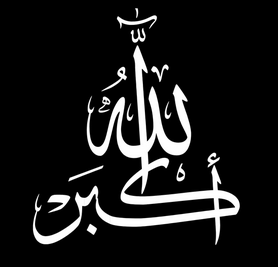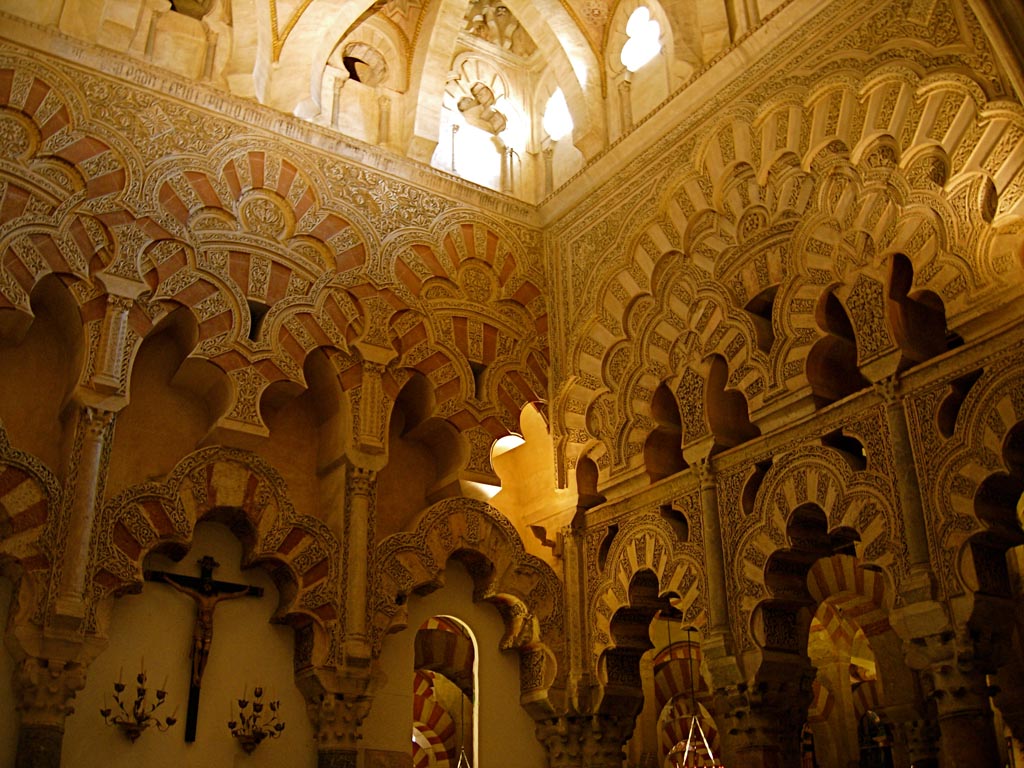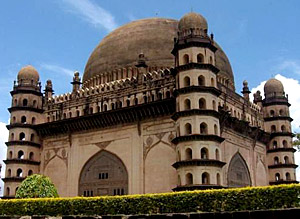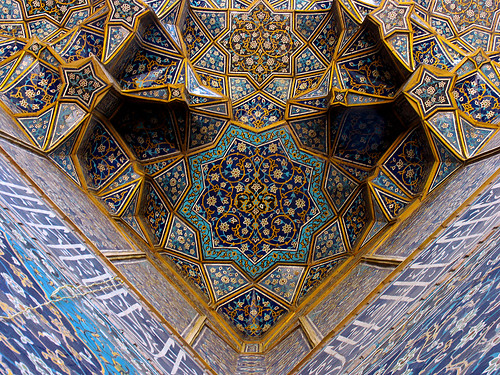Centurion
Dark Council Elite
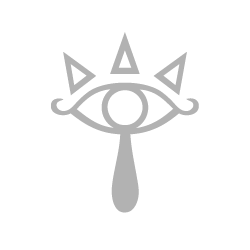
The Veriici - An Overview
The Veriici are a people of... interesting culture. Originating from the Southwestern area of the Northern Kingdoms, and having recently expanded outward a bit, they are a people with a strong cultural connection to the patronized Gods of their society - Visage, Korog, Vermella, Silas, and Skraag.
They live as a culturally rich people, with ties to the Soolera civilization that reach back into history a significant amount. It is a primarily patriarchal society, with male Sultans at the peak of the hierarchy; the equivalent of the highest Lords to these people. Only above the Sultanate caste is the singular Pharaoh; recognized as both the religious and cultural leader of the people, the equivalent to a King. While he is not a man to be known as one to obey without question, typically, in Veriici households, children are brought up on the ideology that those in positions of power are in such for a reason - and verily, should be respected.
Click { Here } for specific details on the culture.

.png/revision/latest?cb=20110424184636)


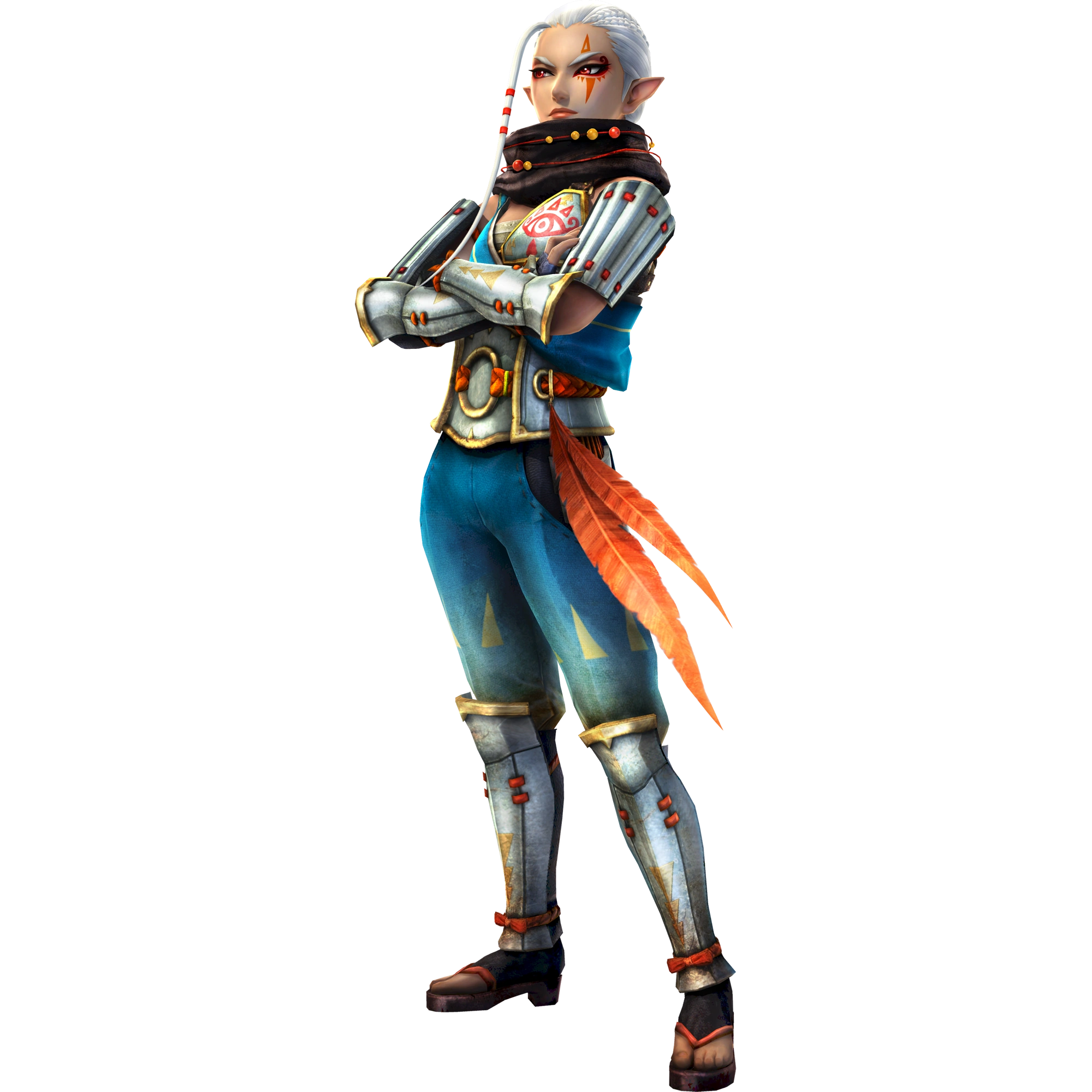
Last edited:









